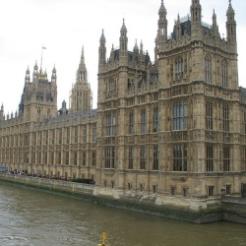Legislation that allows permanently-endowed charities to implement a total-return investment approach without permission from the Charity Commission has come a step closer to fruition.
The Trusts (Capital and Income) Bill had its final reading before the House of Lords on Tuesday, and must now have Royal Assent before it can become an Act of Parliament – which the Charity Commission suggests may be as soon as January.
If it is made law, it will mean that trustees of permanently-endowed charities can treat increases in the capital value of investment assets as they do income from those assets – without having to get the Commission’s blessing first.
Under current law, permanently-endowed charities cannot sell assets when their capital value increases and must spend income from investments; only special permission from the Charity Commission allows them to use a total-return tactic.
With total-return, the form in which investment return is received (for example, income, dividend or capital growth) does not matter. Investments are instead simply managed to make the most of the total investment return they generate.
Reduce administration costs
A Charity Commission spokeswoman said that its proposed changes would give trustees of permanently-endowed charities greater flexibility in the way they manage their funds than the current order does.
“This is because the focus is on investments that are expected to give the best performance in terms of their overall return, rather than on investments which will give the 'right' balance between capital growth and income,” the spokeswoman said.
“Trustees will be able to adopt this approach by their own resolution if they consider it to be in the interests of their charity. This will reduce the administrative costs involved in applying for an order from the Commission."
The spokeswoman also said that the Commission is proposing to hold a public consultation on a draft of these regulations later in the year, and that it hopes the Bill will be enacted by January 2013.
“The consultation will be looking at the legal framework which the trustees will have to work within, including what checks and safeguards for permanently endowed funds will be appropriate,” she added.









